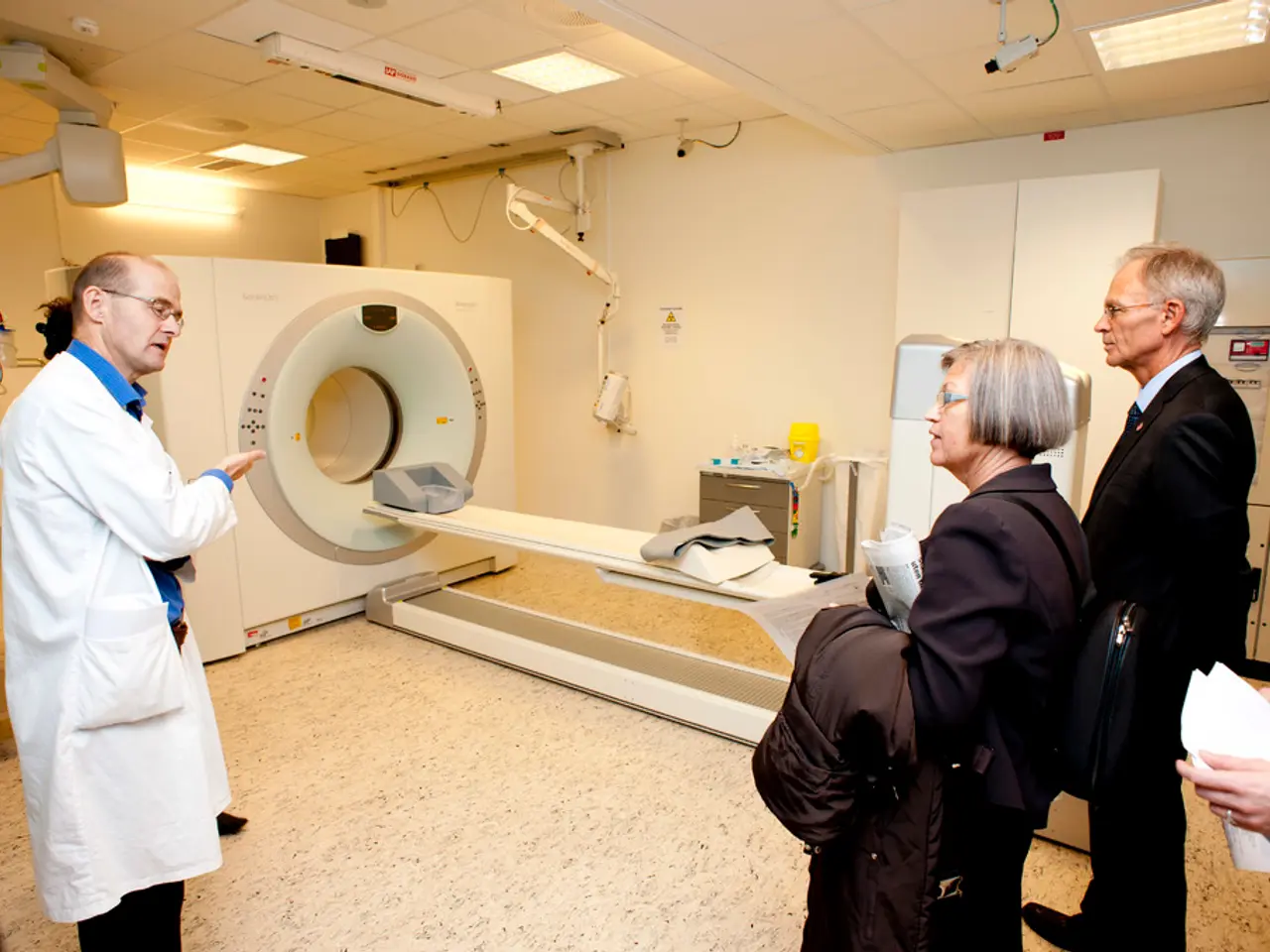Emergency Bleeding Management in Hostile Settings
In a groundbreaking 2-part webinar series, Scott King, a seasoned professional with over 22 years of experience in ambulance services, military instruction, and hostile environment training, delves into the latest techniques, technologies, and human factors influencing trauma care in austere and high-threat settings. The webinar series, designed as a comprehensive exploration of hostile medicine, serves as a prelude to an upcoming Hostile Environment Medicine Course in Namibia this June.
The first session lays the foundational principles for delivering care in complex or hostile settings. Scott King, the speaker, shares his real-world operational experience and expertise in training, trust in kit, and self-preservation under pressure. He discusses the correct method of wound packing, addressing common mistakes and how to correct them, as well as the use of hemostatic agents, including what's changed, what works, and when to use them.
The second part of the series focuses on massive haemorrhage control. Scott covers the correct placement of tourniquets, from 'high and tight' to deliberate application and conversion. He also emphasises the importance of rapid hemorrhage control, prioritising circulation over airway management, with early application of extremity tourniquets and junctional hemorrhage control devices to quickly stop bleeding, particularly in trauma patients.
The conversation also discusses the latest developments in equipment, clinical approaches, and training programs designed to save lives rapidly in challenging environments. Improved single-handed tourniquets, advanced hemostatic dressings, portable ultrasound, supraglottic airways, compact ventilators, and next-gen ballistic armor are some of the technological advancements highlighted.
Training, too, is a crucial aspect of this field. The American College of Surgeons Stop the Bleed program, which has trained over 5 million people worldwide, empowers both medical professionals and civilians with critical bleeding control skills. Training emphasises clear protocols, rapid response, and simplicity of application to ensure effectiveness under stress and variable field conditions.
These advances collectively improve the rapid stabilisation of massive hemorrhage in high-threat and austere settings, enhancing survival chances even when evacuation and surgical resources are delayed or limited. In austere and high-threat settings, uncontrolled bleeding is the leading cause of preventable death, and these advancements aim to address this critical issue head-on.
The final session of the webinar series provides practical, field-tested guidance for anyone preparing to deliver care in complex or hostile settings. It promises to be an enlightening and informative event for those interested in this vital area of medicine.
- In the final session of the webinar series, Scott King will offer practical, field-tested guidance on delivering care in complex or hostile settings, leveraging his extensive experience in training and self-preservation under pressure.
- The American College of Surgeons Stop the Bleed program, a renowned training initiative, has equipped over 5 million people worldwide with critical bleeding control skills, emphasizing simplicity of application and rapid response for effectiveness under stress and variable field conditions.
- During the second part of the series, Scott King delves into the topic of massive haemorrhage control, discussing the correct placement of tourniquets, the use of hemostatic agents, and the importance of rapid hemorrhage control, which can greatly enhance survival chances in high-threat and austere settings.




